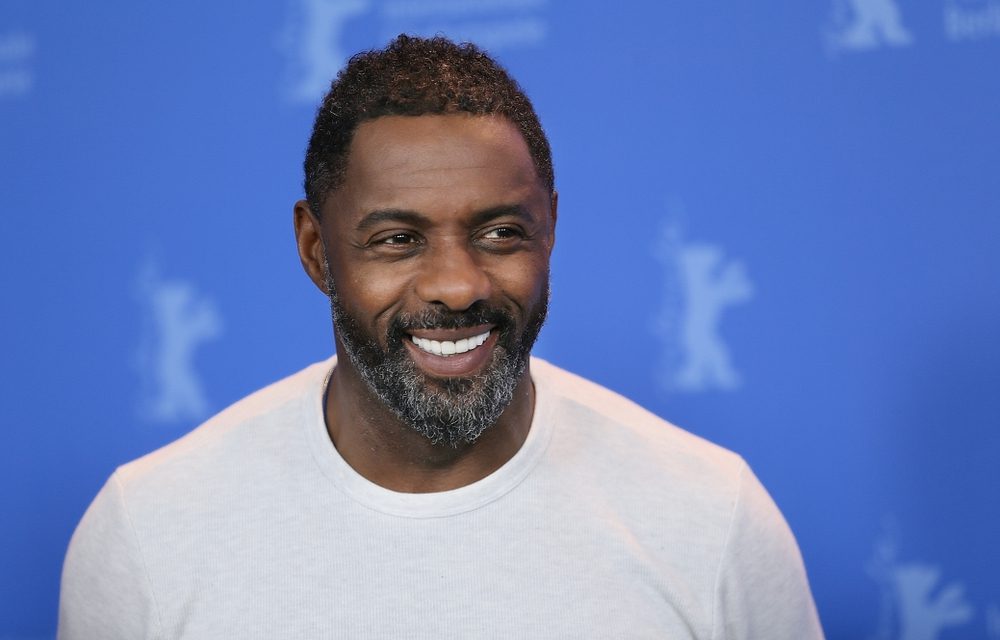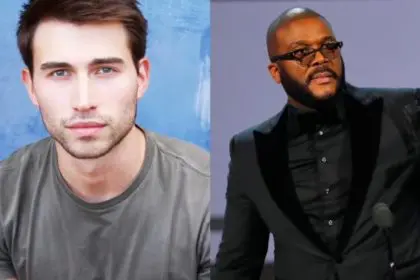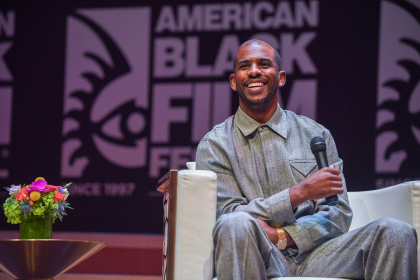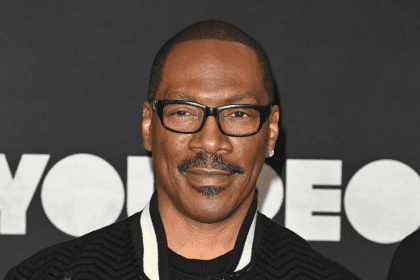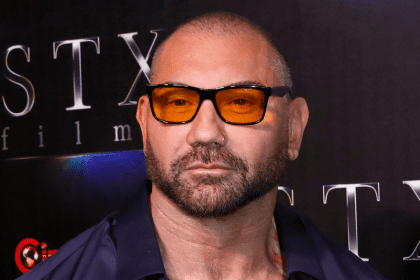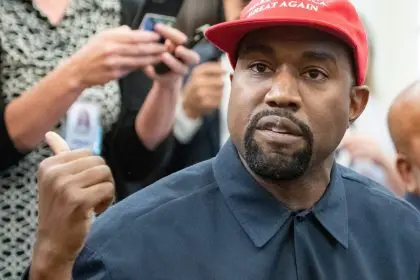Acclaimed actor Idris Elba, known for his roles in “Luther” and “The Wire,” recently made headlines with a surprising confession: he has never seen the beloved Black classic film “Brown Sugar.” This revelation came from a resurfaced 2017 interview with Angie Martinez, where Elba candidly shared his reasons for avoiding the film.
Elba’s decision to skip “Brown Sugar” stemmed from a personal experience as an aspiring actor. He had auditioned for the role that ultimately went to Boris Kodjoe, who played Kelby Dawson, an NBA player engaged to Sanaa Lathan’s character, Syd Shaw. Elba admitted, “I didn’t even watch it; I was so salty.” This frank admission resonated with fans, many shocked to learn that a star of Elba’s caliber had not seen such a significant film in Black cinema.
Released in 2002, “Brown Sugar” tells the story of two childhood friends bonding over their shared love for hip-hop. As they mature, their friendship faces challenges from romantic entanglements and adult relationship complexities. The film features a stellar cast, including Sanaa Lathan, Taye Diggs and Nicole Ari Parker, exploring themes of love, friendship and hip-hop culture’s impact on personal lives.
During the interview, Martinez, who appeared in “Brown Sugar,” was visibly surprised by Elba’s admission. She prompted him to recall other cast members, leading to a humorous exchange where Elba finally acknowledged her presence in the film. This light-hearted moment highlighted the camaraderie among actors in the industry.
The revelation ignited lively discussions among fans on social media. Many debated whether Elba would have been a better fit for Kelby Dawson compared to Kodjoe. Comments ranged from enthusiastic support for Elba’s potential portrayal to skepticism about the chemistry between him and Lathan’s character. One fan humorously remarked, “Sanaa would have never left you if you played that character. The whole storyline would have had to change.”
“Brown Sugar” holds a special place in the hearts of many African American viewers. The film’s exploration of hip-hop culture and its influence on relationships resonates with audiences, making it a staple in discussions about Black cinema. The chemistry between the lead actors and the film’s relatable themes have contributed to its enduring popularity.
Elba’s admission raises questions about missed opportunities in casting and the impact of personal experiences on an actor’s career choices. While he may have missed out on “Brown Sugar,” his extensive body of work continues to showcase his talent and versatility. Fans can only speculate how the film might have differed had Elba taken on the role of Kelby Dawson.
As the conversation around Elba’s confession continues, it serves as a reminder of the rich tapestry of stories within Black cinema and the actors who bring them to life. Whether or not Elba ever decides to watch “Brown Sugar,” his candidness about his past experiences adds another layer to his already fascinating career.
This revelation also sheds light on the competitive nature of the acting industry and the emotional impact of losing out on roles. Elba’s honesty about his disappointment humanizes the often-glamorized world of Hollywood, showing that even successful actors face rejection and its lasting effects.
Moreover, Elba’s story highlights the importance of representation in film and the deep connection audiences have with movies that reflect their experiences. “Brown Sugar” remains a cultural touchstone for many, and Elba’s missed connection with the film adds an intriguing footnote to its legacy.
As the discussion continues, it may prompt both fans and industry professionals to reflect on the paths not taken in film casting and the ripple effects these decisions can have on actors’ careers and the films themselves.

